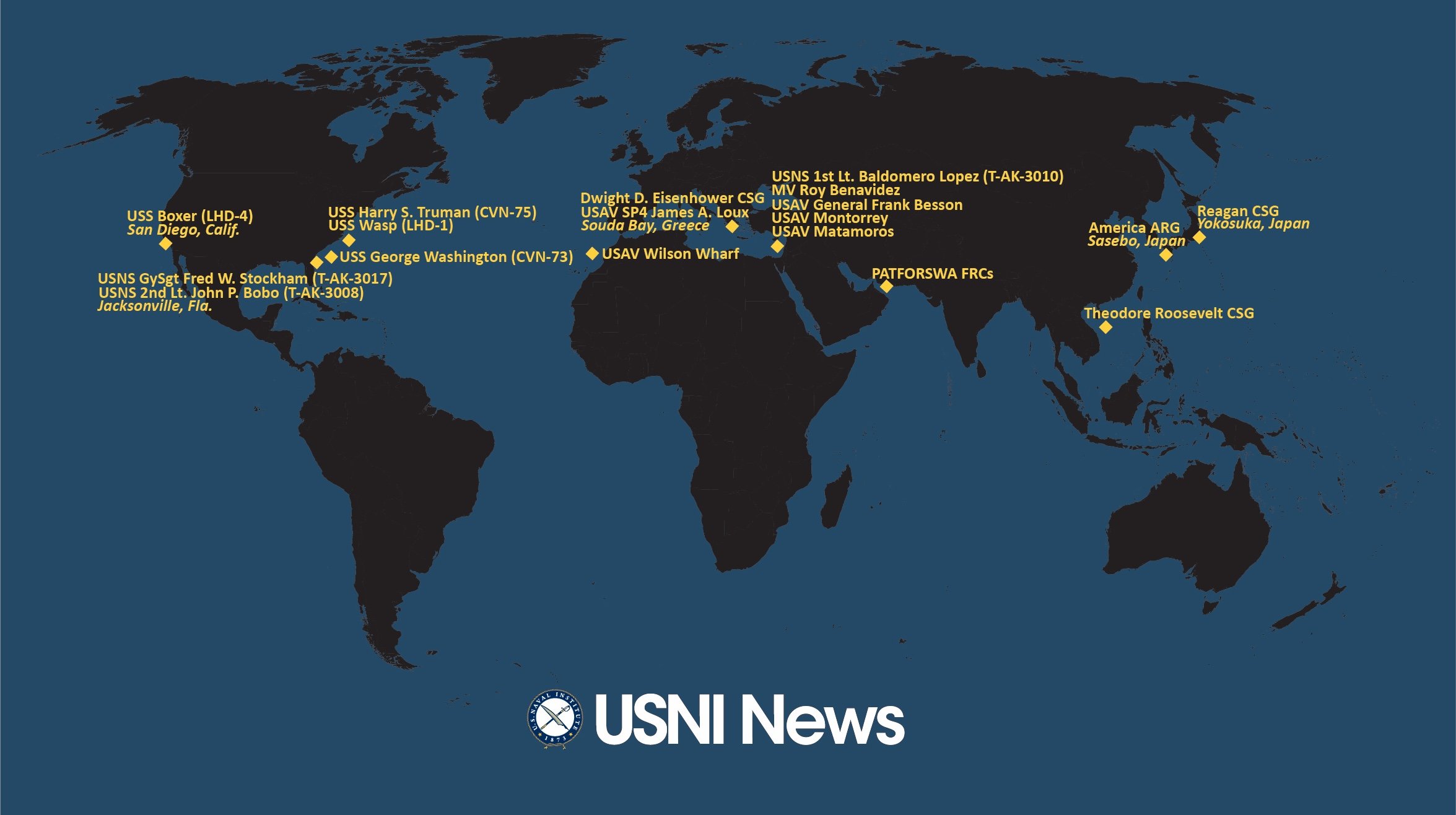The following is the Nov. 30, 2023, Congressional Research Service report, Israel and Hamas 2023 Conflict In Brief: Overview, U.S. Policy, and Options for Congress.
From the report
On October 7, 2023, the Palestinian Sunni Islamist group Hamas (a U.S.-designated foreign terrorist organization, or FTO) led surprise attacks against Israel from the Gaza Strip. The stunning nature, scope, and lethality of the attacks and apparent intelligence failures have become a subject of analysis for Israeli and U.S. officials. Iran reportedly provides material support to Hamas, and according to U.S. officials may be complicit in a broad sense, but President Joe Biden said in October “there is no evidence” that Iran helped plan the attack.
In response to the October 7 attacks, Israel declared war on Hamas and launched aerial bombardment and ground operations in Gaza. Reportedly, more than 1,200 Israelis and foreign nationals (including 35 U.S. citizens in Israel) and more than 27,000 Palestinians in Gaza have been killed as of February 5, 2024. Hamas and other groups also seized around 240 hostages on October 7. Israel and Hamas agreed to a multiday pause in fighting in late November. During the pause, 110 hostages held in Gaza and 250 Palestinian prisoners held by Israel were released. Hamas and others reportedly hold some 130 persons, including about six Americans. The United Nations has stated that the situation in Gaza, with an estimated 1.7 million Gazans displaced (out of a population of approximately 2.1 million people) constitutes a major humanitarian crisis—having already faced dire economic and humanitarian conditions before the conflict. Some goods are entering Gaza via Egypt and Israel, and U.S. and U.N. officials have sought to boost this aid. More than 60% of the housing units in Gaza have reportedly been destroyed or damaged.
Israeli Prime Minister Benjamin Netanyahu has consistently articulated Israeli goals of securing the hostages’ return and destroying Hamas’s military and governing capabilities. As tens of thousands of troops have withdrawn and military operations have decreased somewhat in intensity in early 2024, Israeli leaders continue debating the level and type of military pressure to apply and the urgency of a hostage-return deal. As of early January, the Israel Defense Forces (IDF) controls some areas above ground in northern Gaza, while it engages in operations farther south in an effort to target Hamas and its top leaders. Hamas’s tunnels make urban warfare more challenging. The Biden Administration has stated that Israel has the right to defend itself, and has resisted calls from other international actors for an indefinite cease-fire. However, U.S. leaders have urged Israel to minimize casualties and reduce the intensity of their operations, amid debate regarding how the prosecution of the conflict may affect long-term outcomes.
Differences between U.S., Israeli, and PA officials on post-conflict security and governance for Gaza may intensify the challenges involved. U.S. officials have expressed support for a resumption of PA administration in Gaza after the PA undertakes certain reforms, as part of efforts to move toward a two-state solution; PA and other Arab leaders insist on progress toward a Palestinian state for them to cooperate with this transition. Netanyahu openly opposes a PA return to power in Gaza, and has pledged to continue insisting that Israel have full security control of “all territory west of the Jordan River,” asserting that his stance has prevented the establishment of a Palestinian state.
U.S. officials have sought to reduce risks that the conflict could expand geographically. In the West Bank, amid violence and tensions between Palestinians and Israelis that could affect stability there, the Administration has imposed sanctions on some extremist Israeli settlers, delayed a firearms shipment to Israel, and made efforts to persuade Israel to ease or end measures that have precipitously decreased the revenues of the West Bank-based Palestinian Authority (PA). Additionally, the Iran-backed Shia Islamist group Lebanese Hezbollah (another FTO) has exchanged fire with Israel and could create a second front at the Israel-Lebanon border. U.S. officials are reportedly seeking to help facilitate the withdrawal of Hezbollah forces from border areas to alleviate obstacles to the return of some 80,000 evacuated Israelis to their homes in the north. Israeli officials have threatened possible military action if the issue is not resolved diplomatically. As of early February, post-October 7 attacks by the Iran-supported Houthi militia in Yemen (targeting commercial vessels transiting the Bab al Mandab strait in the Red Sea) and by Iran-allied groups in Iraq and Syria (targeting U.S. forces in both countries and Jordan) have triggered strikes against these groups by the U.S. military.
In an October 2023 supplemental budget request, President Biden asked Congress to appropriate more than $14 billion in Israel-related funding, and more than $9 billion in global humanitarian assistance amounts that could partly be allocated for Gaza, the West Bank, and Israel. Members of Congress have expressed differing views on the request and its various elements, with bills introduced in early February in both the House and the Senate.
Download the document here.





